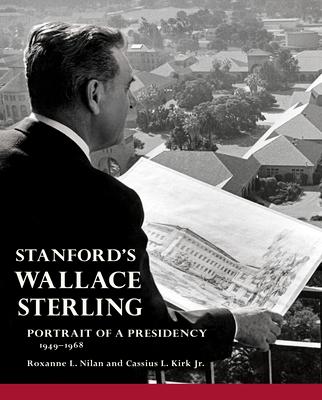J. E. Wallace Sterling was Stanford University's fifth president, serving from 1949 until 1968. During his presidency, Stanford evolved from a notable regional university into a leading national and eventually international university--developments in which Sterling played a critical part. Taking advantage of a postwar economic boom, federal interest in university research, and popular interest in higher education, Sterling championed robust fundraising, ambitious faculty recruitment, increasing selectivity in student admissions, and the construction of major new research facilities. This deeply researched historical study of Sterling's role at Stanford thus simultaneously illuminates a remarkable career in university leadership along with the development of one of America's top-ranked universities.
This is not, however, a simple success story, but instead a nuanced exploration of experimentation, uncertainty, disagreement, leaps of faith, accommodation, and compromise--within the university as well as between the university and its alumni, neighbors, and the public. Although Stanford had survived the Depression and World War II better than many of its peers, it did so at the cost of seriously deferred maintenance, notoriously low faculty salaries and morale, inadequate scholarship support, and outdated labs and libraries. Favoring gradualism and pragmatism, Sterling drew faculty into university governance and long-term planning, building a strong and able administrative team. The result was a remarkable and steadily sustained rise in the university's fortunes, which survived the campus turmoil of the Vietnam War era along with significantly changed expectations on the part of students, faculty, parents, and the wider public.
